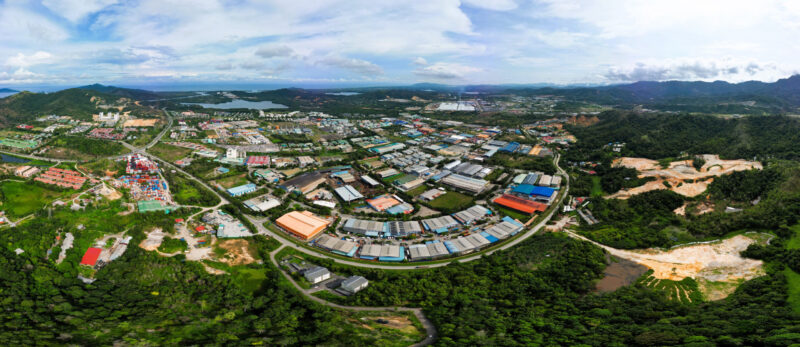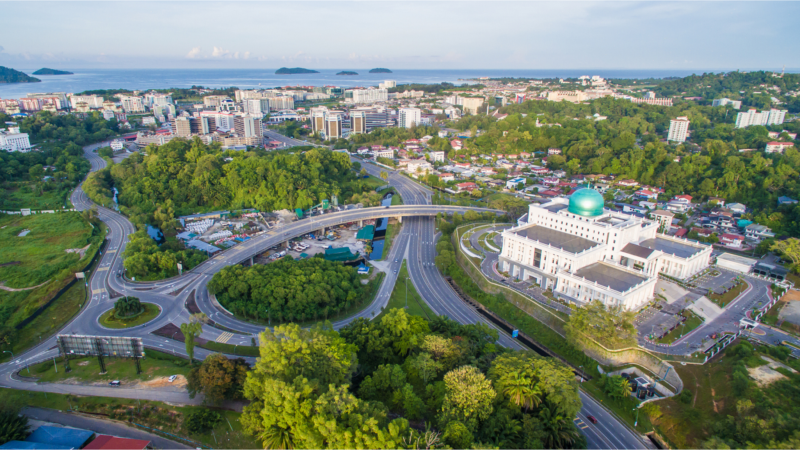
This site
is mobile
responsive

Nestled on the island of Borneo, Sabah, one of Malaysia’s picturesque states, is set to become a prominent logistics hub in Southeast Asia. With its strategic geographical position, rapidly advancing infrastructure, and strong government backing, Sabah is primed for growth, offering investors unparalleled opportunities to capitalise on the region’s burgeoning logistics market.
Sabah’s advantageous location at the northern tip of Borneo places it at the crossroads of major international shipping routes in the South China Sea. This makes it a prime transhipment hub, linking the ASEAN region with global markets. With its proximity to key ASEAN economies, Sabah stands as an indispensable gateway for goods moving between Asia and the wider world. The state’s deep-water ports, including the strategically located Sapangar Bay Container Port (SBCP), play a central role in Sabah’s logistics network, enabling efficient import and export activities.
The Sabah State Government, in close collaboration with federal agencies, has committed to a series of bold infrastructure projects that will shape the future of the state’s logistics sector. These investments in modern port facilities, roads, and airports are designed to enhance Sabah’s connectivity and streamline the movement of goods, reduce transit times, and lower costs. Key developments include:
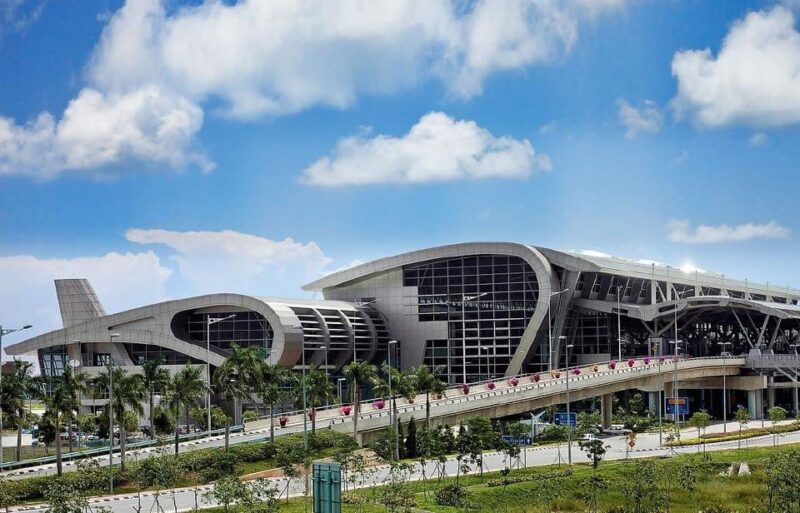
In line with its vision to establish Sabah as a logistics hub, the state government, in collaboration with federal agencies, has implemented several key initiatives to attract investments in the sector. These include:
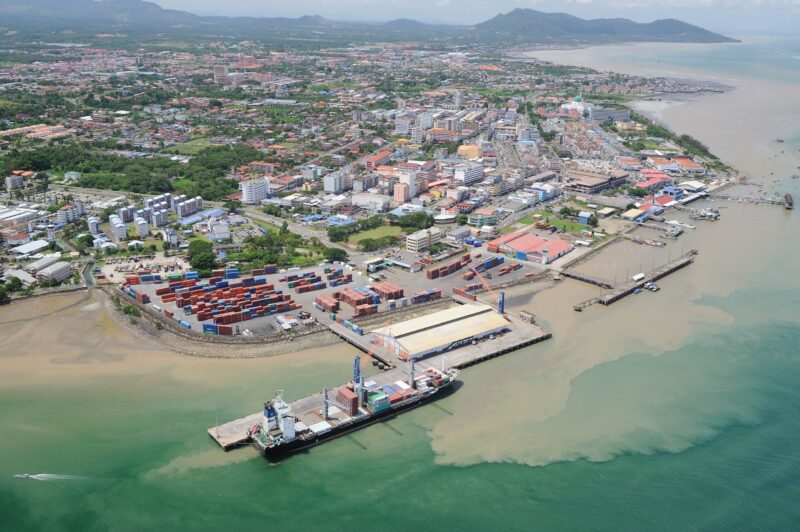
Sabah is at the forefront of integrating cutting-edge technologies to enhance its logistics sector. The adoption of digital tools, such as blockchain for secure supply chain management, the Internet-of-Things (IoT) for real-time tracking, and artificial intelligence (AI) for predictive analytics, is revolutionising the logistics landscape. These technologies are driving operational efficiency, reducing costs, and providing businesses with a competitive edge in the increasingly complex global supply chain.
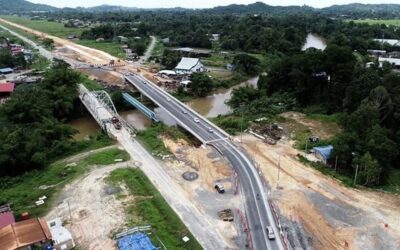
Sabah’s logistics sector is further supported by its diverse and vibrant economic ecosystem. The state’s rich natural resources—palm oil, rubber, timber, and oil and gas—generate significant trade volumes, creating a strong demand for efficient logistics solutions. Additionally, Sabah’s growing tourism sector, coupled with its status as an educational and healthcare hub, further propels the need for seamless logistics and supply chain services.
Sabah is on the cusp of transformation, poised to become a leading logistics hub in Southeast Asia. With its strategic location, robust infrastructure development, government incentives, and adoption of technological innovations, the state offers investors a wealth of opportunities in the logistics sector. The proactive approach to enhancing logistics capabilities makes Sabah an attractive destination for those looking to tap into the dynamic ASEAN market.
Now is the ideal moment to invest in Sabah and become an integral part of its exciting transformation into the logistics hub of Southeast Asia. Together, we can create a future of seamless connectivity, robust growth, and lasting prosperity.
For any investment-related inquiries, please contact SEDIA for assistance. To learn more about SEDIA and explore other investment opportunities, visit our website at www.sedia.com.my.
